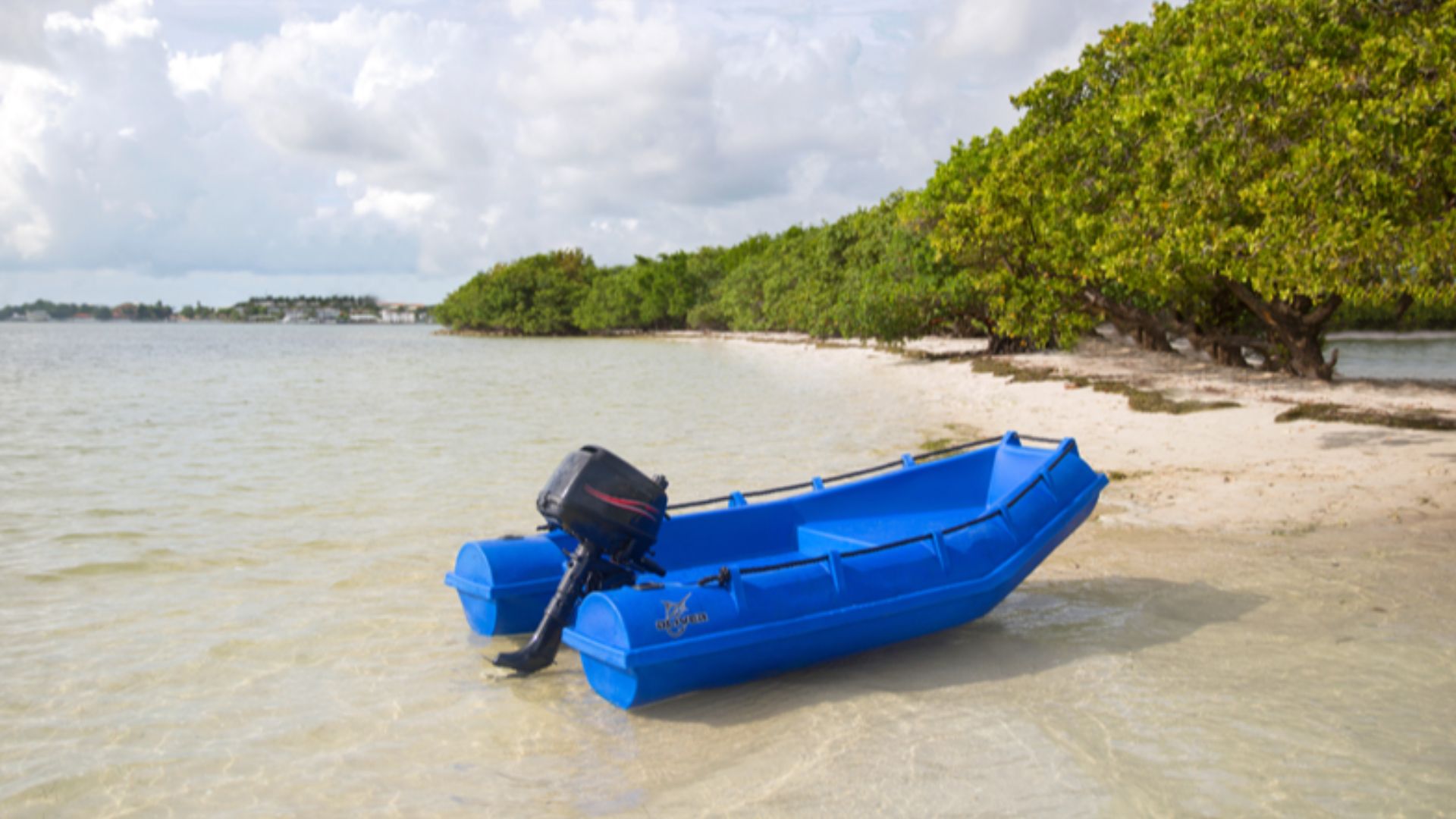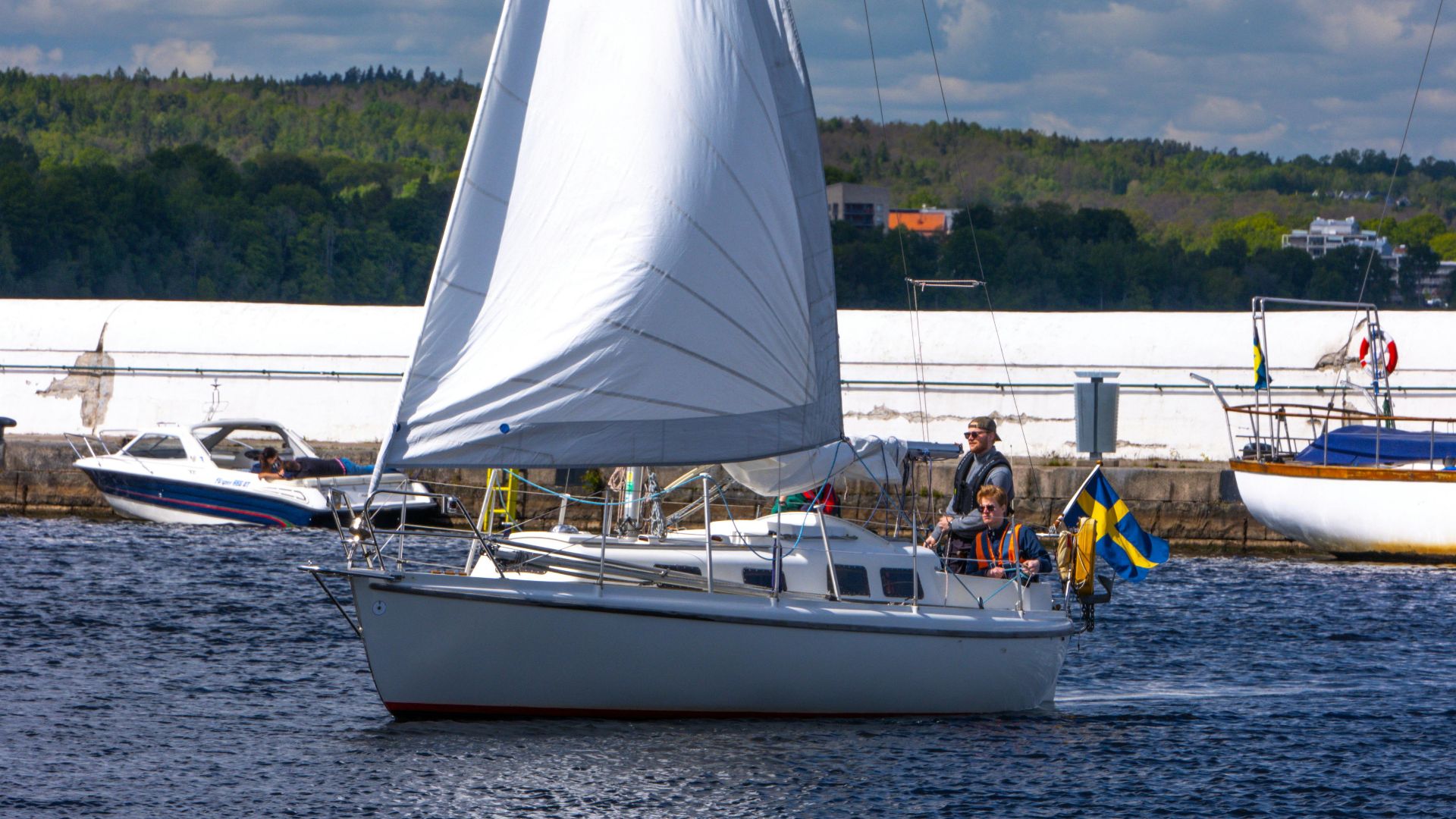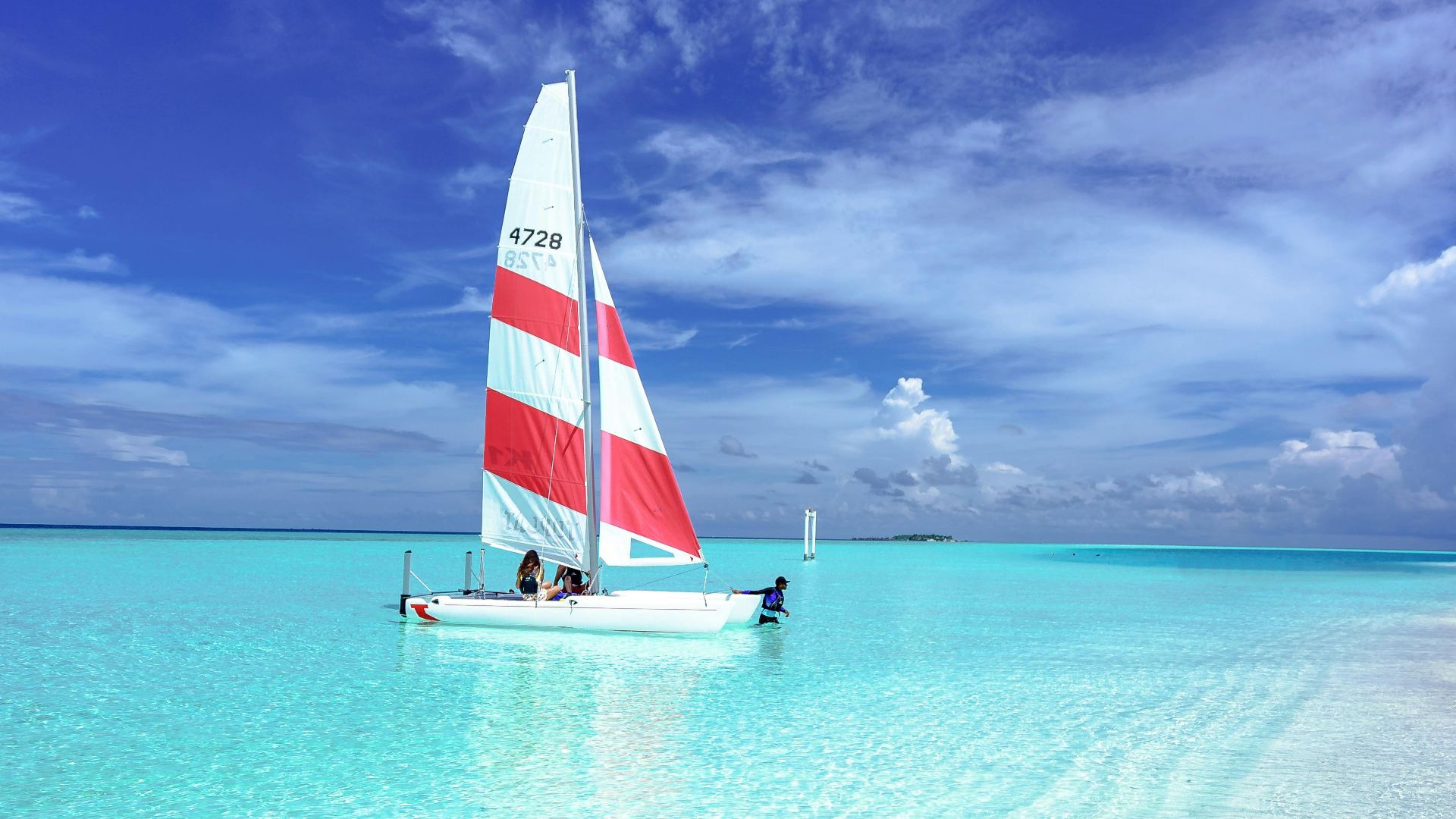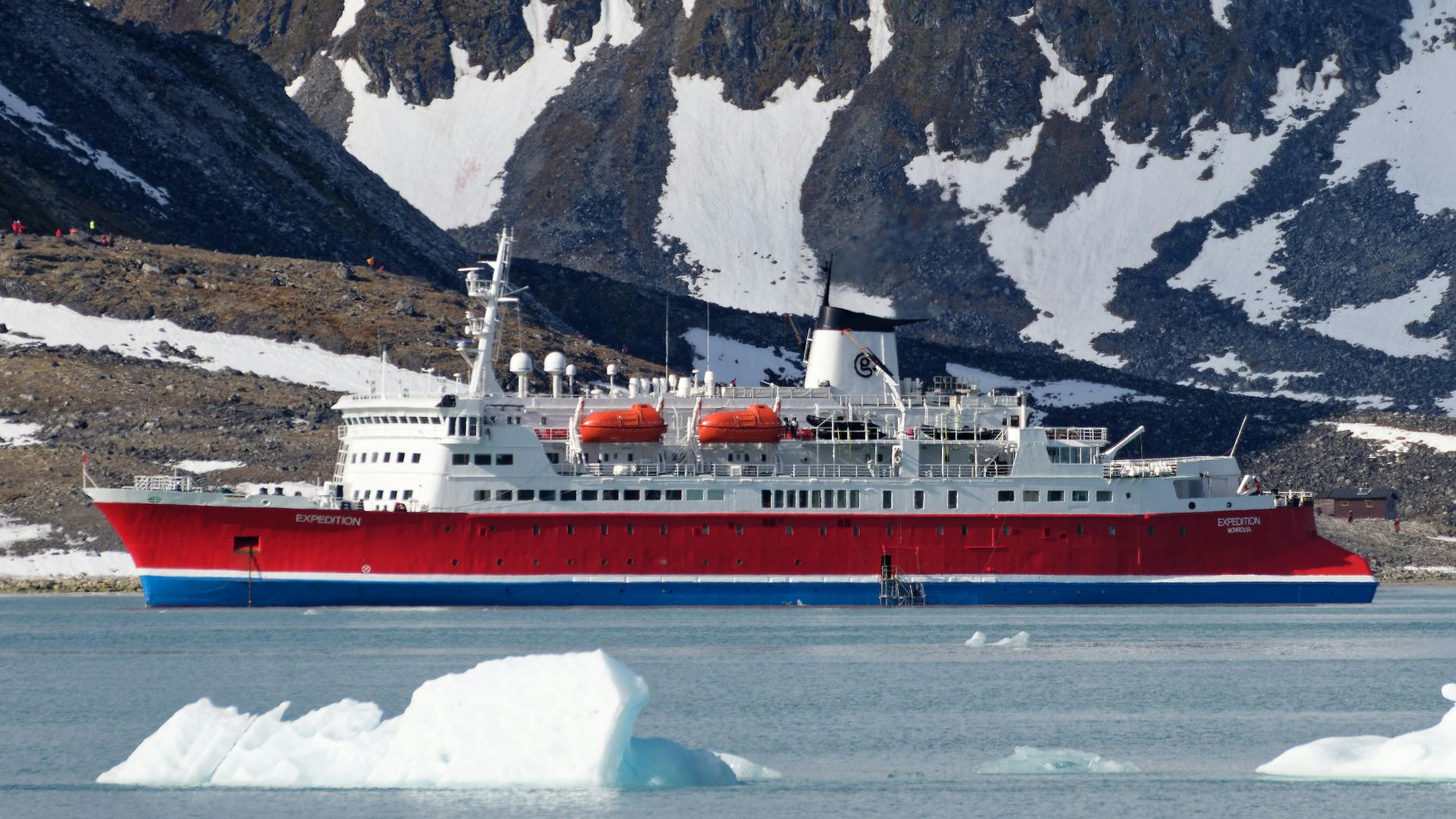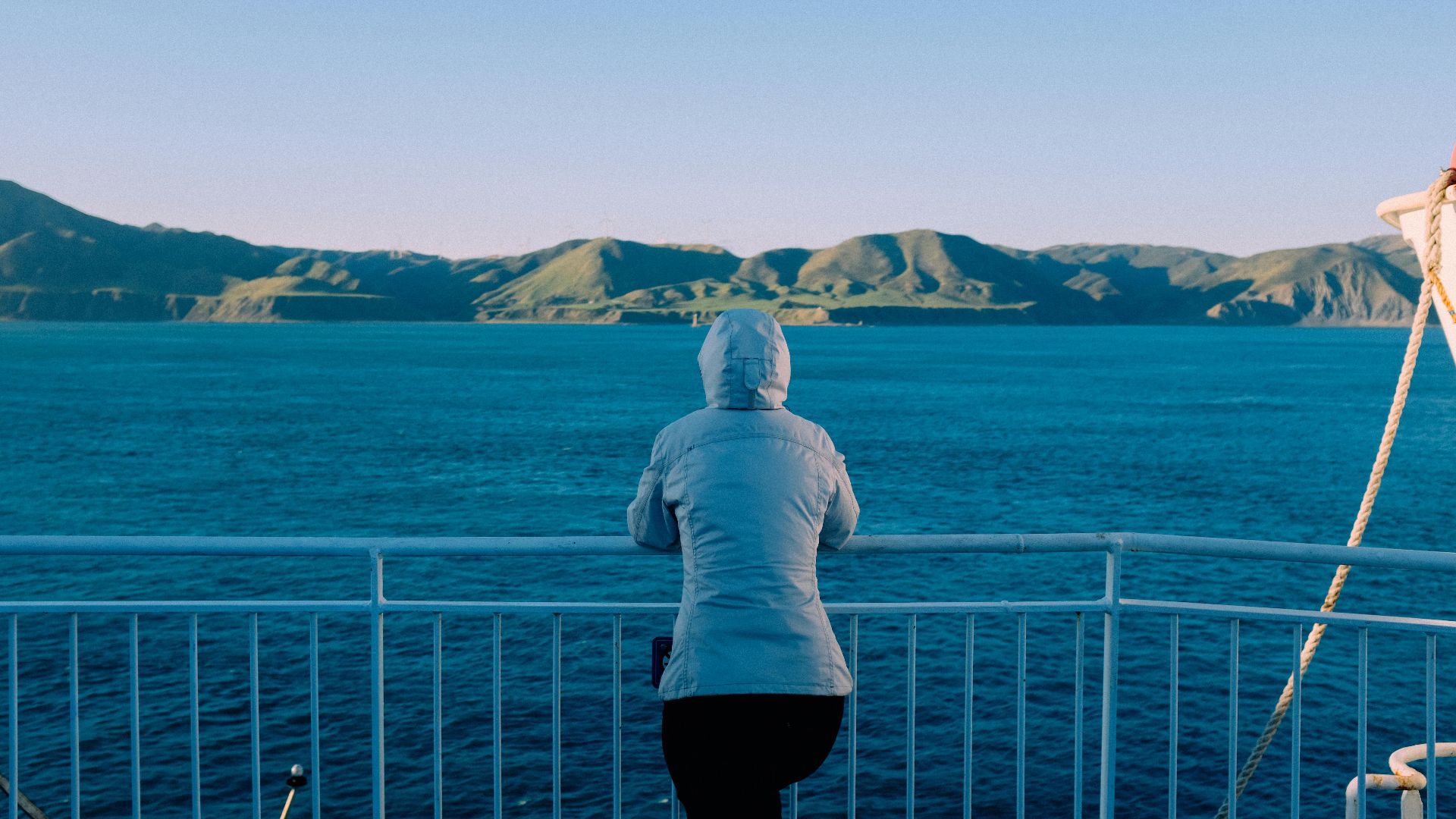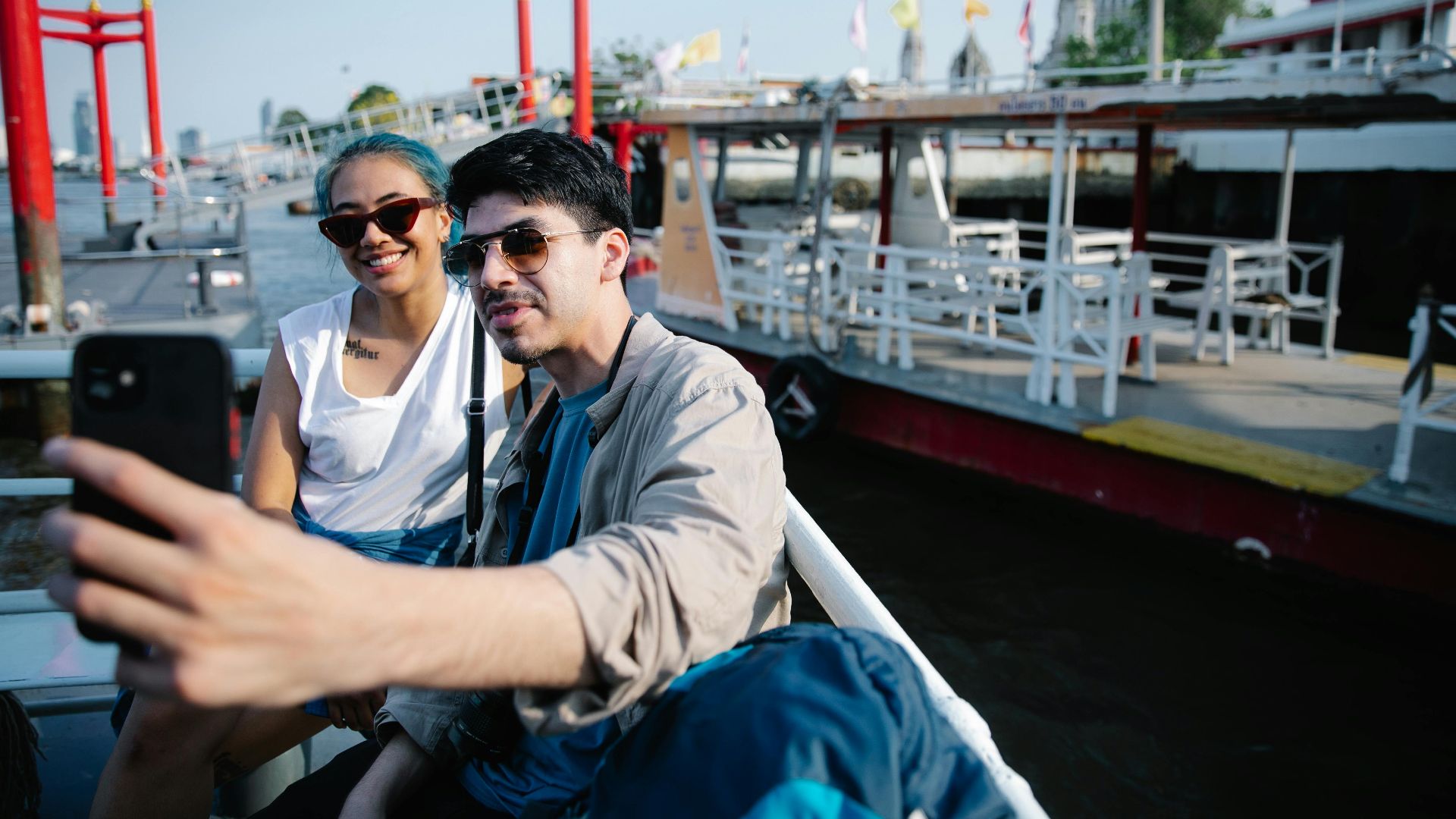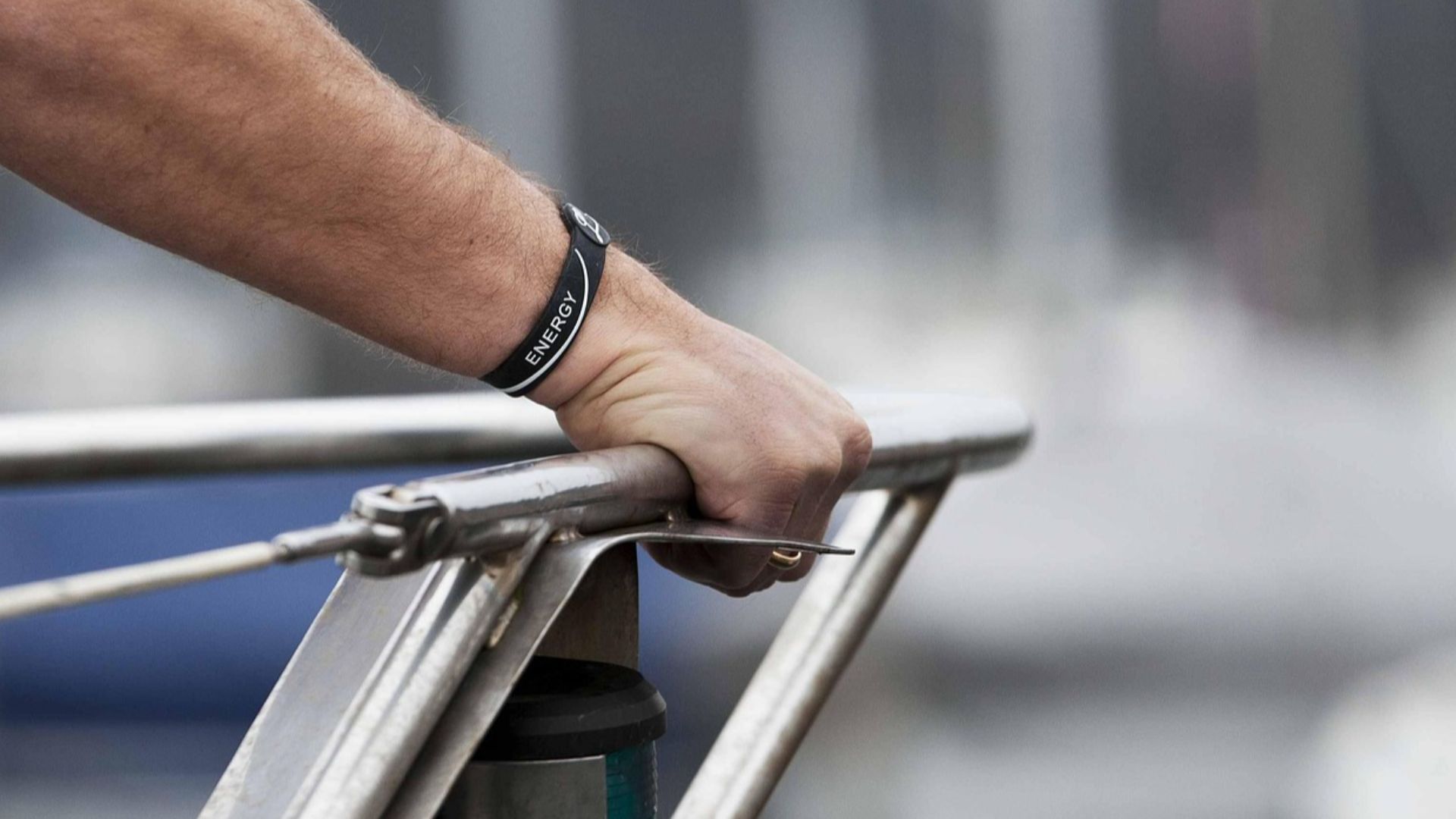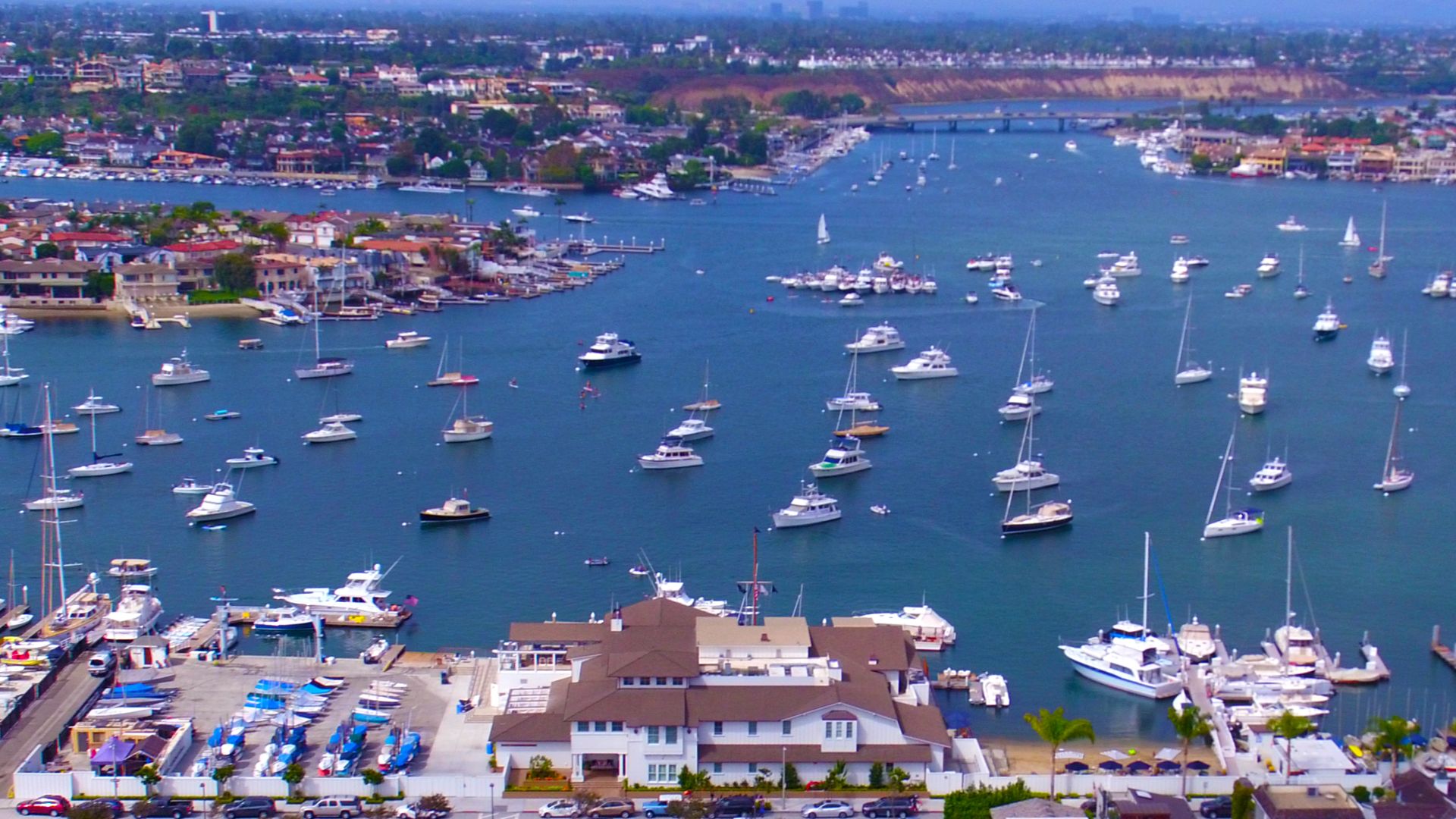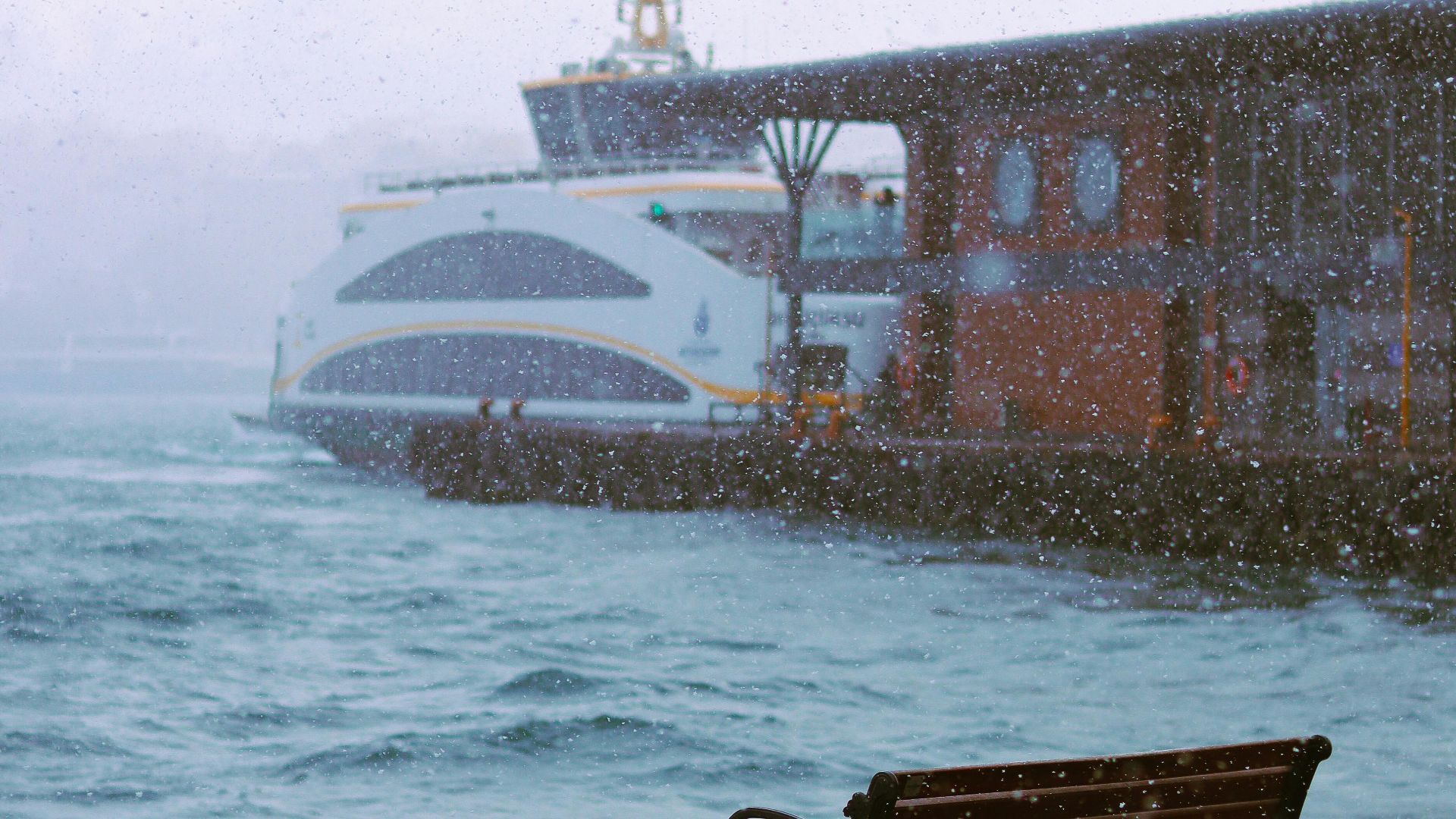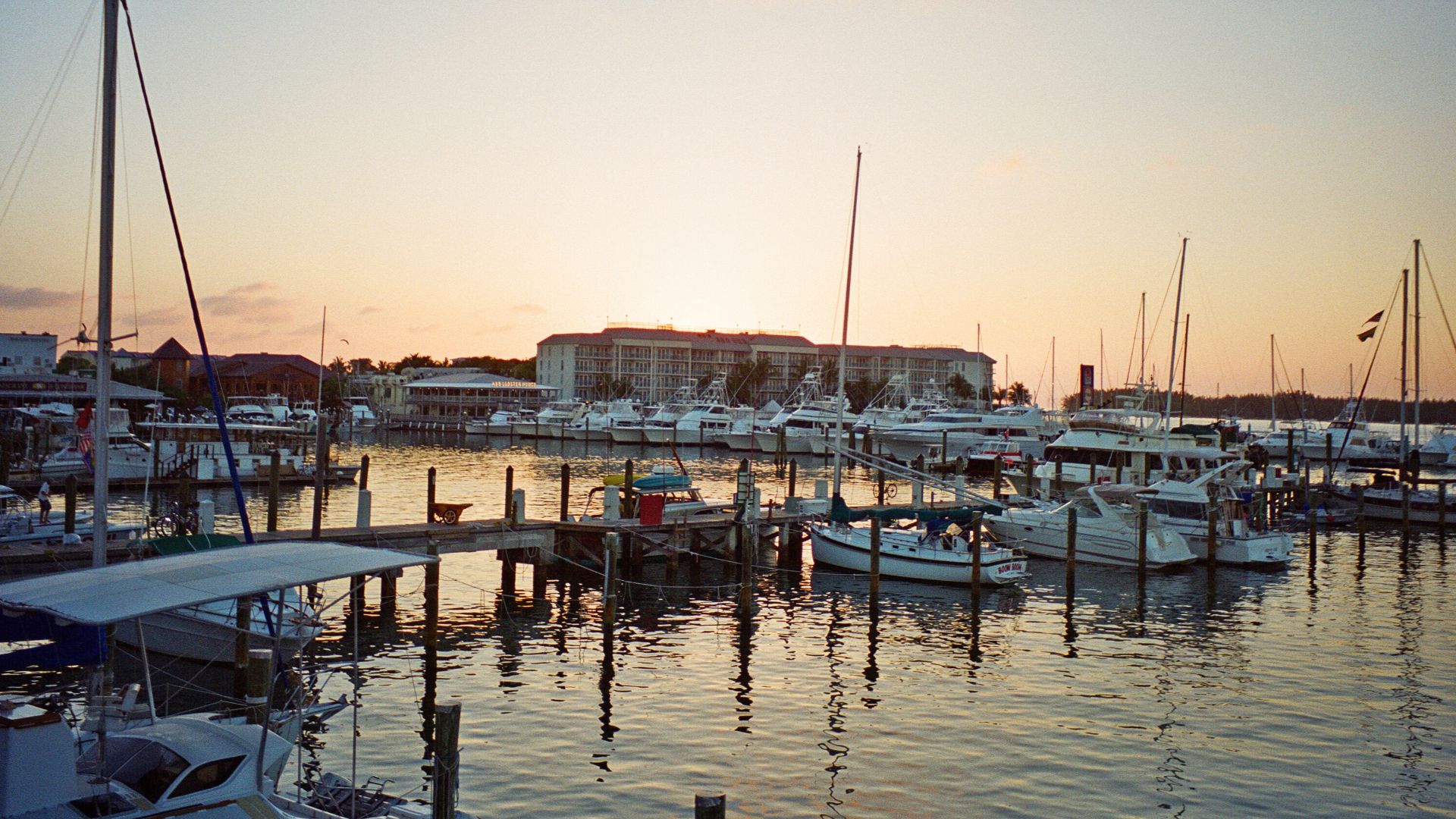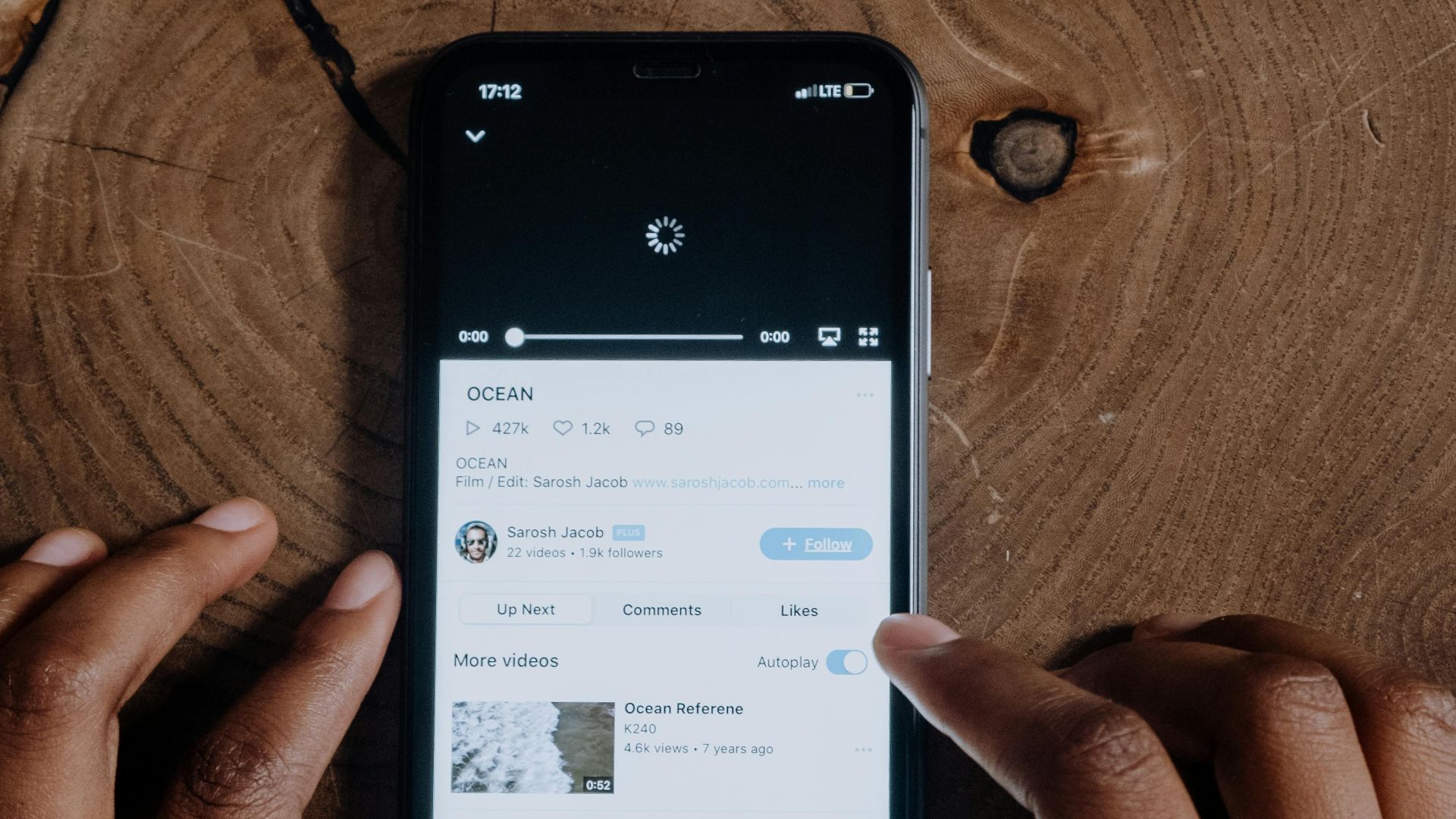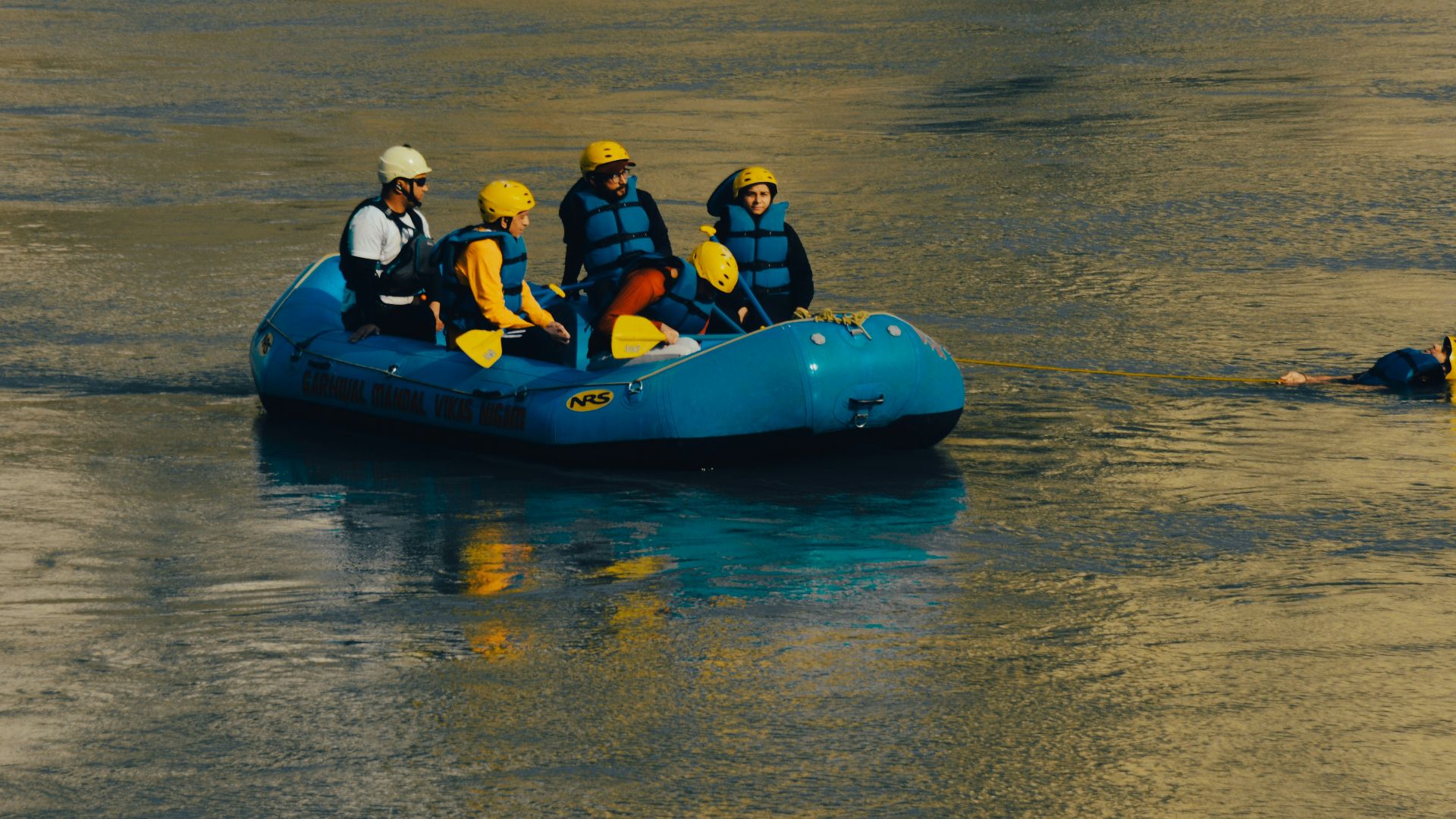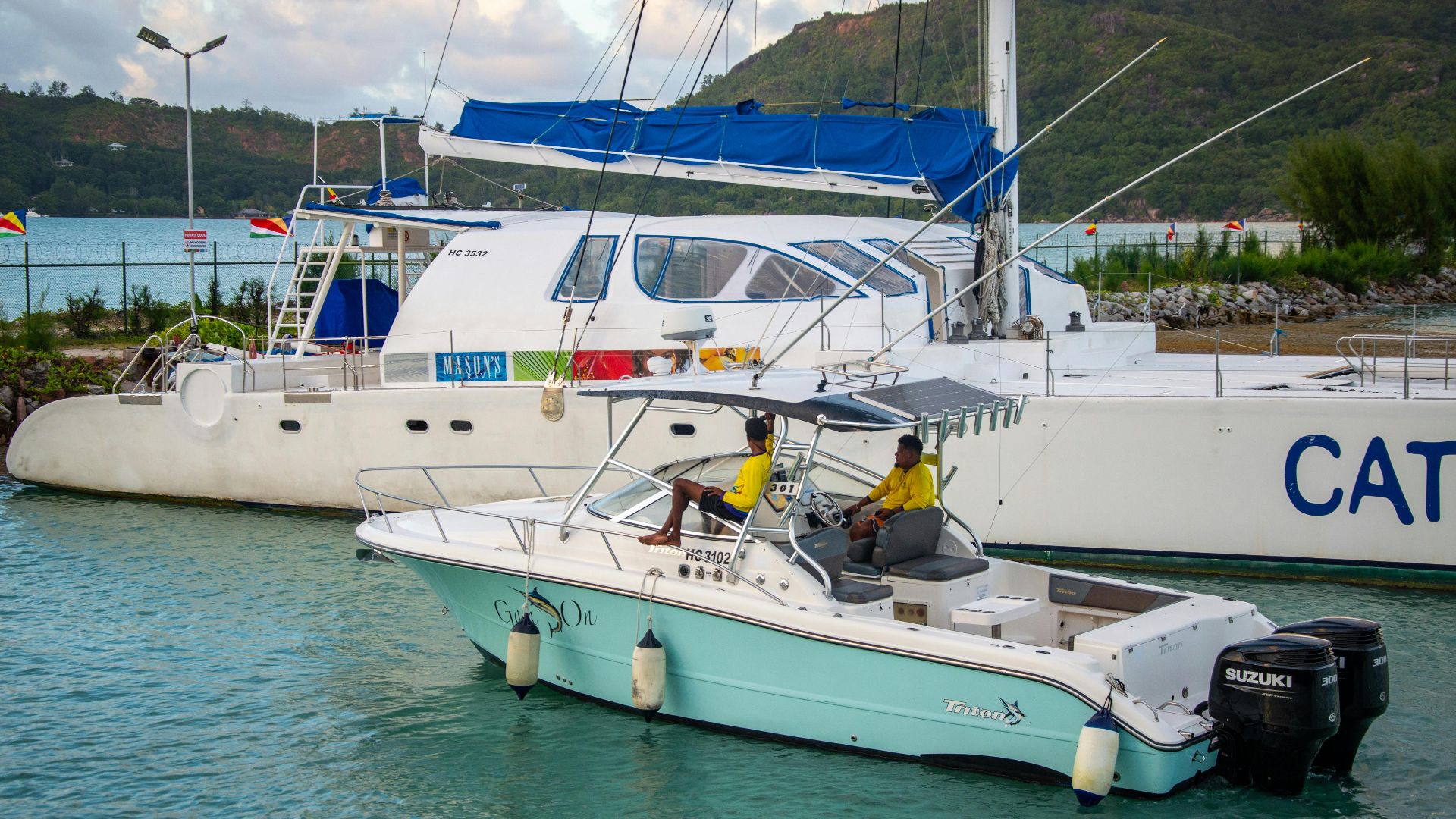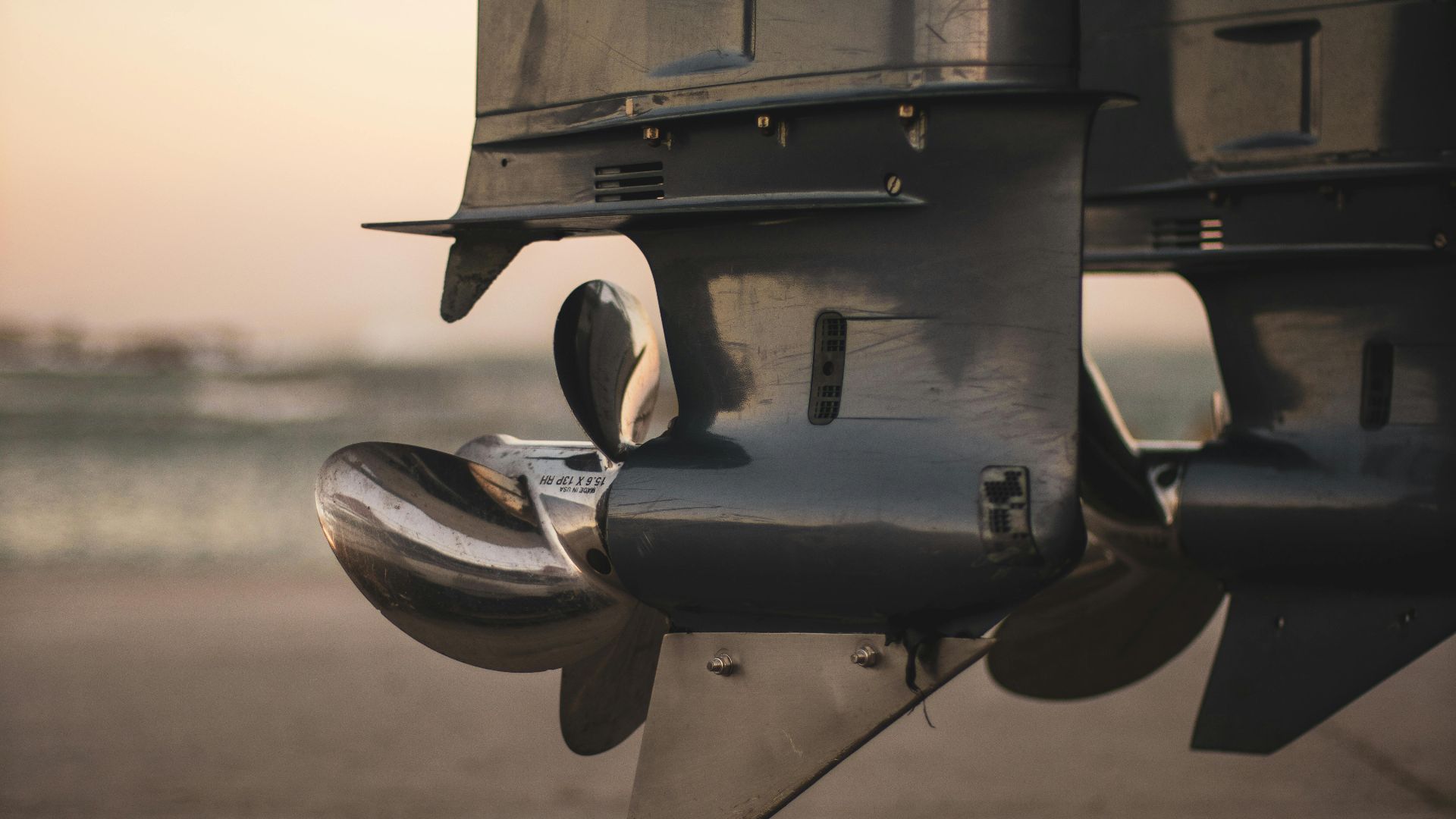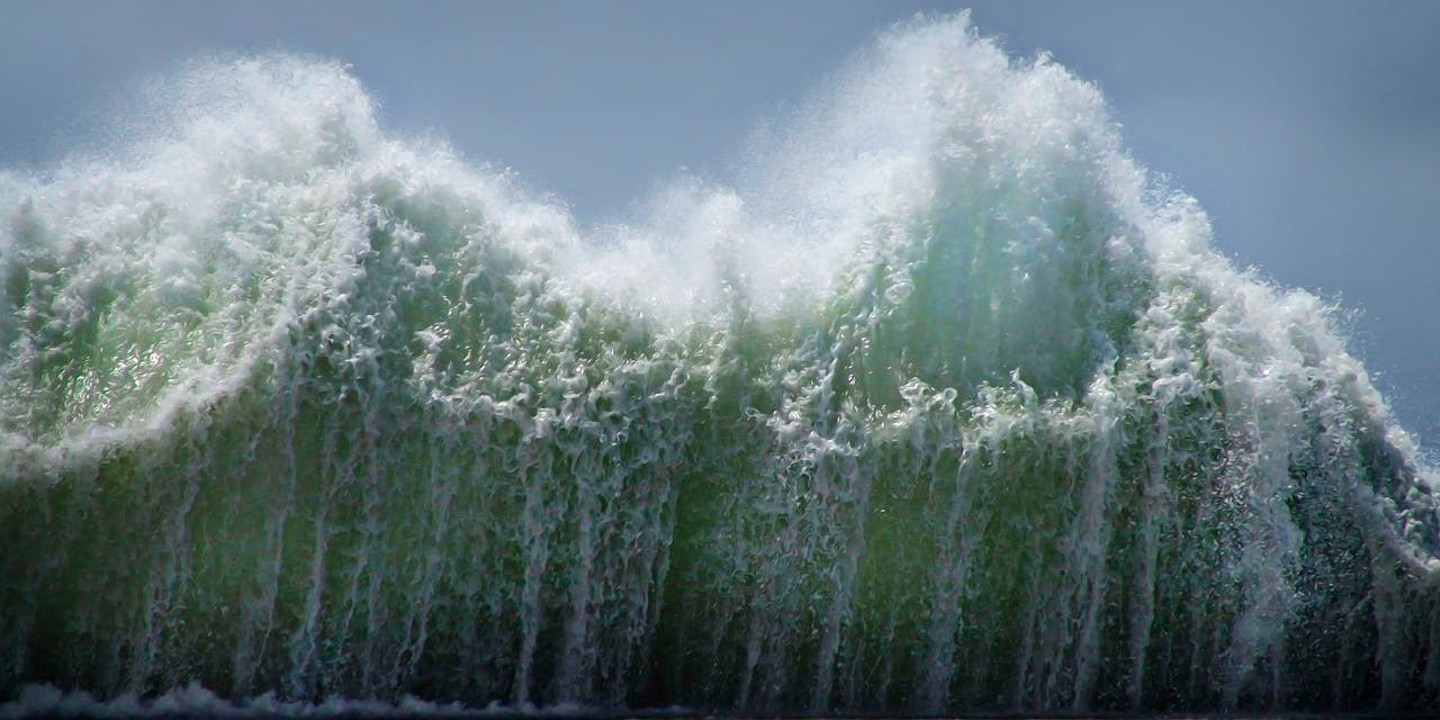Sailing Through Perks and Pitfalls
There’s something quietly compelling about life on the water—boats carve a route into areas unreachable by land, turning travel into something personal. Yet, what brings peace for some brings complexity for others. Before you embrace the yacht life, let’s explore the key benefits and notable downsides.
1. Access Remote Spots
Small boats, such as dinghies or schooners, open up access to places like the San Juan Islands in Washington or the isolated coves of Croatia's Dalmatian Coast. These locations lack road connections but offer spectacular scenery and serene quiet that only water travel can reach.
2. Make the Journey Your Main Experience
Gliding through calm waters on a sailboat or yacht shifts attention to the experience rather than the destination. Unlike being stuck inside a plane, moving at ten knots with access to an open deck encourages dolphin watching or simply soaking in the waves.
3. Set Your Own Schedule
While other transit options stick to strict schedules, private boaters choose exactly when to cast off. Whether you’re setting sail on a catamaran around the Bahamas or cruising a motorboat on Lake Michigan, you can pause for anytime you like.
4. Avoid Crowds and Discover Hidden Gems
Boating also opens the door to hidden gems. While most travelers flock to busy ports, arriving by boat means you can enjoy peaceful mornings away from crowded streets and souvenir shops, giving you the perfect chance to connect with your surroundings.
5. Gain Navigation Skills
Traditional techniques, such as dead reckoning and astronavigation, remain essential for sailors crossing open waters. Learning to interpret a compass or even the North Star builds confidence and respect for centuries-old maritime practices, all of which are still vital today.
6. Perfect for Any Group Size
From solo kayak trips along Maine's coastline to large ferries crossing the English Channel, boats accommodate all kinds of travelers. Groups can rent spacious yachts for family vacations or hop on local water taxis in Venice, which are flexible options that fit all budgets.
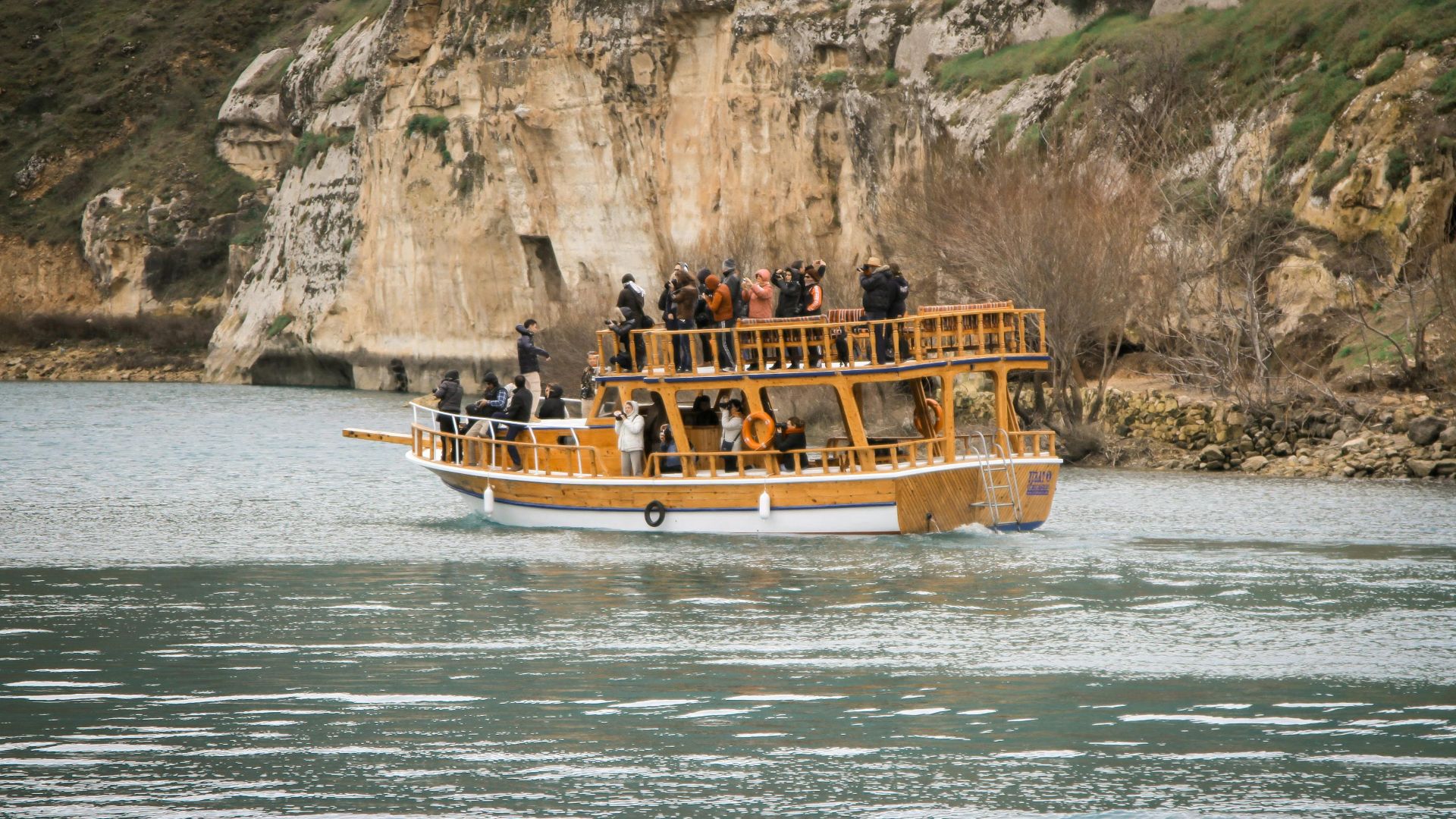 Mehmet Turgut Kirkgoz on Pexels
Mehmet Turgut Kirkgoz on Pexels
7. Skip Airport Hassles for Easy Boarding
Boarding a ferry in spots like Seattle’s Puget Sound, or hopping aboard a riverboat on the Mississippi River, lets you skip the usual airport hassle. No shoe removals or long security lines—just a smooth, laid-back boarding experience that leads straight to the deck, where fresh air and stunning views await.
8. Boost Your Mental Clarity
Being near water often lowers cortisol and helps improve mood. The gentle rocking of a boat can even lower stress and sharpen focus. Many sailors report feeling more creative and grounded after spending time on the open water.
9. Combine Travel and Living
Houseboats on the Hudson River or liveaboard sailboats in the Florida Keys turn travel into a continuous lifestyle. Staying aboard lets travelers wake up to new scenery daily, merging the freedom of movement with the comfort of a private floating home that adapts to the tides and seasons.
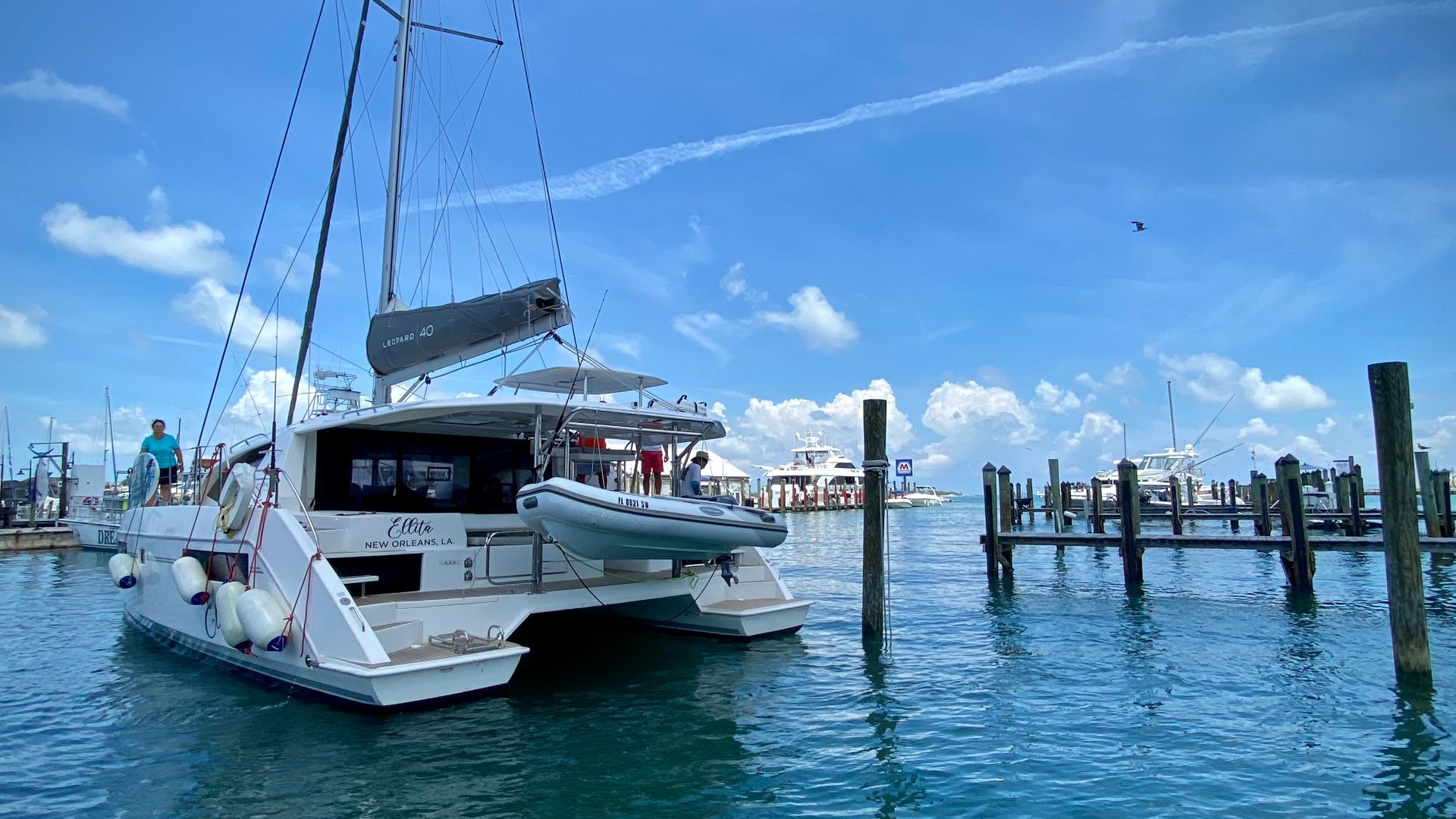 Sharon Hahn Darlin on Wikimedia
Sharon Hahn Darlin on Wikimedia
10. Budget Ferry Trips
Economic ferry services connect places like Staten Island and Manhattan, or the Greek islands of Santorini and Mykonos. Ferrying can cost less than flights, provide stunning scenic routes, and serve millions annually. Affordable pricing and unique views make ferries a practical entry point into boat travel.
Before you cast off with confidence, let's dive into 10 challenges of boat travel you’ll want to keep in mind.
1. Risk of Seasickness
Rough waves often bring on nausea, and even for experienced sailors, sudden swells can throw them off balance. As a result, seasickness remains a common and often unpredictable part of boating that many travelers have to navigate.
2. Expensive Docking Fees
Marinas can charge upwards of $100 a night to dock, especially during the summer. These fees often exceed fuel and provisioning costs and quickly increase budgets for boaters who only expect to pay for fuel and food.
3. Weather Adds Difficulty
Navigating through fog in San Francisco Bay or sudden storms on the Great Lakes demands full concentration. Unpredictable weather can force boaters to make split-second decisions. It's a key reason why boat travel becomes riskier when visibility fades and wind speeds surge.
4. Risky Breakdowns
Engine failures far from shore can quickly turn into serious emergencies. Repairs often require specific parts, and skilled technicians may not be available immediately. In a situation like that, boaters can easily be stranded and potentially face expensive towing operations.
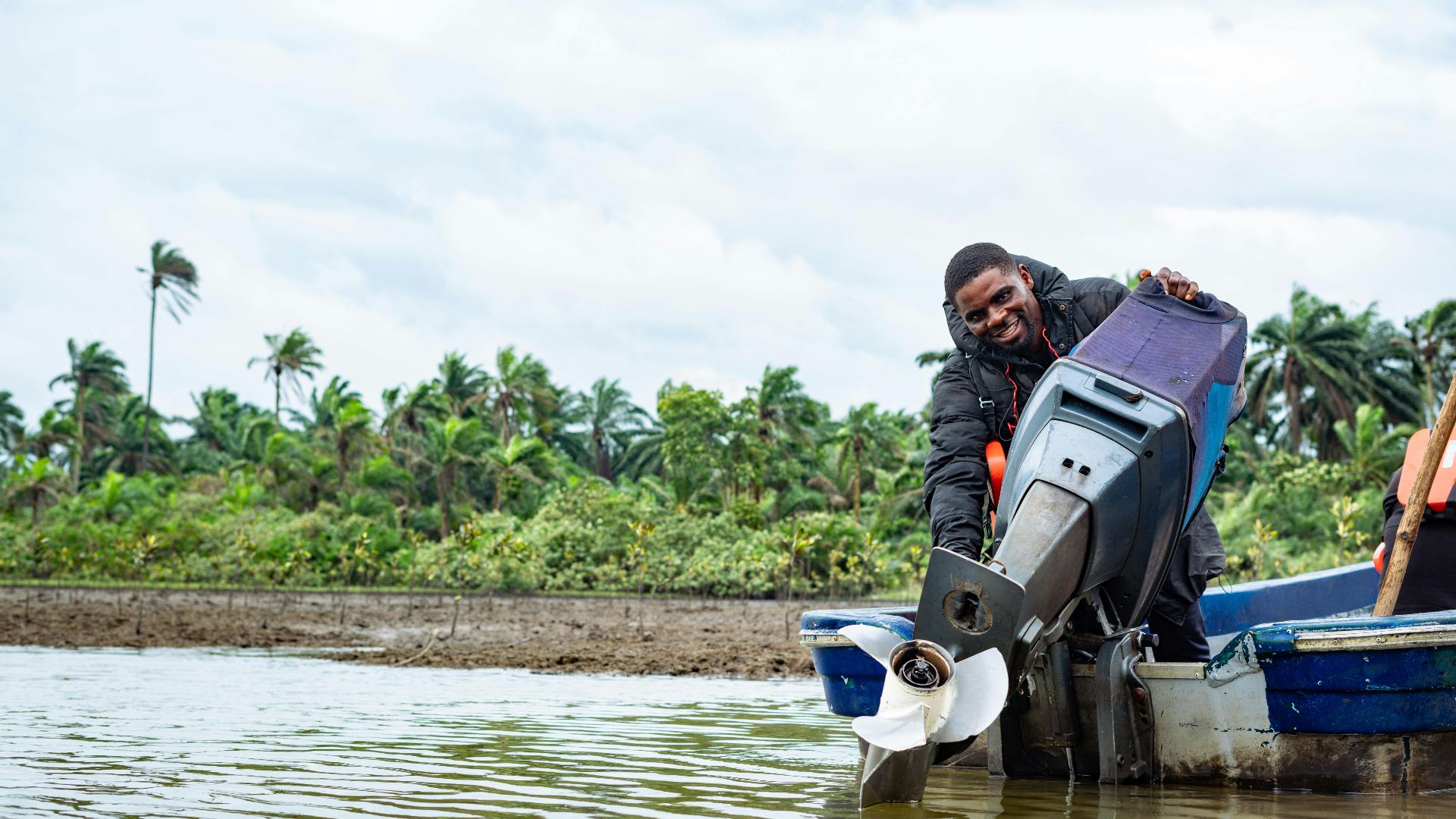 Abdulrahman Abubakar on Pexels
Abdulrahman Abubakar on Pexels
5. Shared Marina Discomfort
Marinas become cramped and noisy, especially during peak seasons. Privacy evaporates amid partying neighbors, rattling rigging, and diesel engines humming late into the night, turning peaceful rest into a challenge.
6. High Fuel Costs
Marine fuel prices fluctuate globally, often exceeding $5 per gallon in popular cruising areas due to regional taxes and demand. Without efficient route planning and monitoring fuel consumption, extended trips can significantly increase expenses for motorboats.
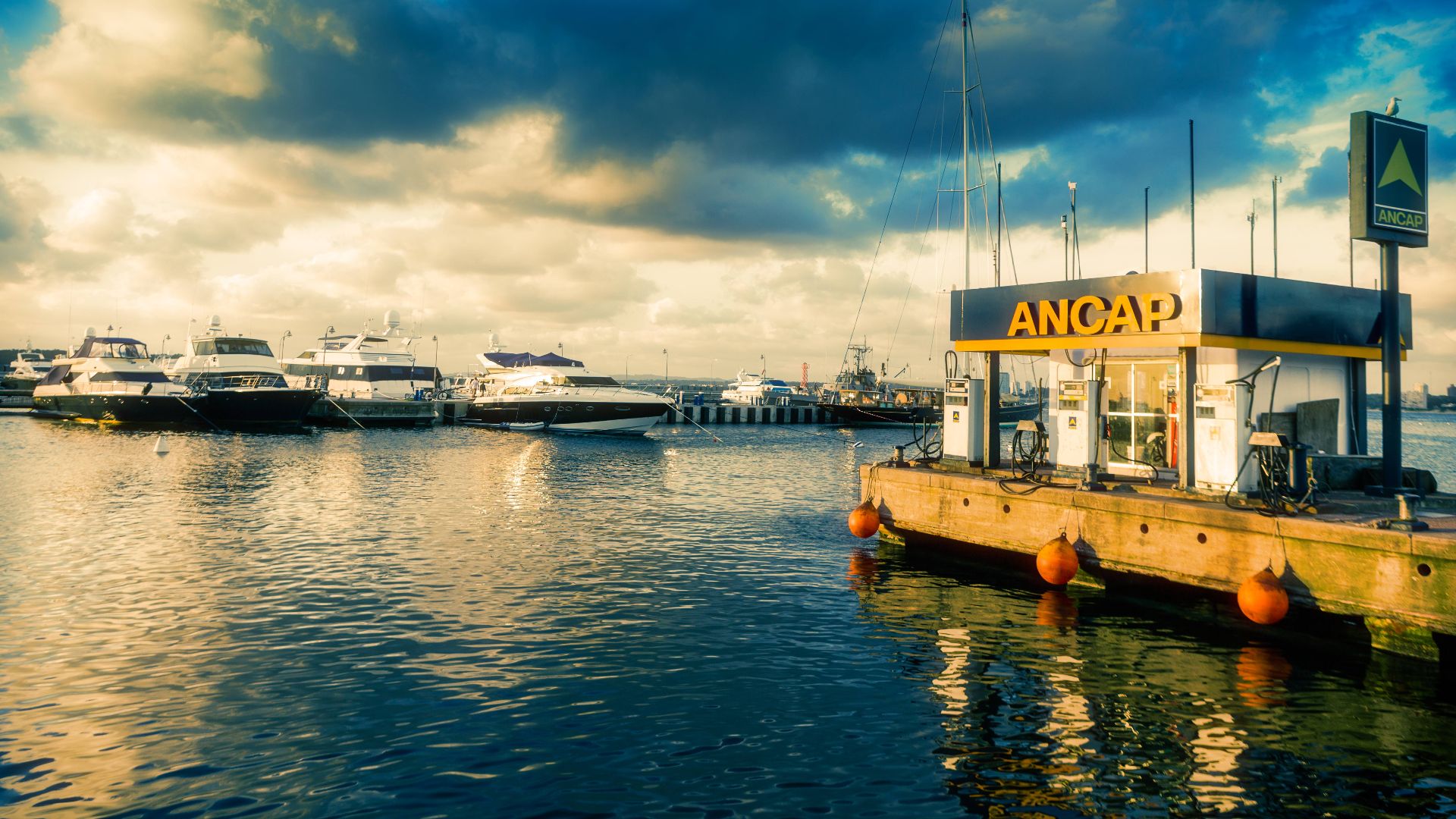 Marcelo Campi from MVD, Uruguay on Wikimedia
Marcelo Campi from MVD, Uruguay on Wikimedia
7. Poor Internet Access
Reliable internet quickly fades when you're cruising choppy waters. Satellite internet exists, but it has the potential to suffer from slow speeds and pricey monthly plans. It's a common frustration among travelers, especially those who rely on connectivity.
8. Safety Gear Adds Costs
Buying and maintaining life jackets, flares, and EPIRBs requires ongoing investment. Regulations change regularly, too, which forces boaters to upgrade gear for compliance. That kind of stuff turns safety equipment into a surprisingly expensive necessity.
9. Licenses Often Required
States such as Florida mandate boating licenses, and countries require an International Certificate of Competence for foreign waters. Battling these bureaucratic hurdles demands time and sometimes costly courses, which complicates otherwise spontaneous sailing plans.
10. Engine and Wave Noise
Sleeping aboard motorboats or ferries means dealing with constant engine drones and waves hitting the hull. It's not exactly white noise either, and it can be hard to get a good night's sleep.



